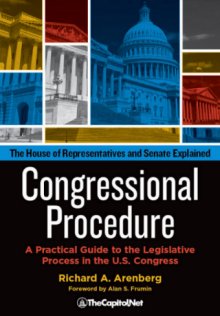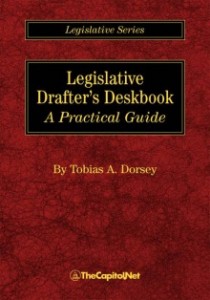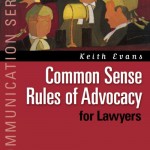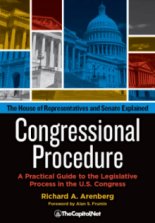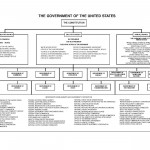Understanding Report Language and Legislative History / Joint Statements (CongressionalGlossary.com)
Learning to research and understand legislative history is an important part of any legislator’s job. Legislative history includes the official reports that are generated in Congress throughout the course of the legislative process, such as committee reports and joint statements. photo credit: EverJean When researching case law, be aware that court decisions can frequently include … Read more

